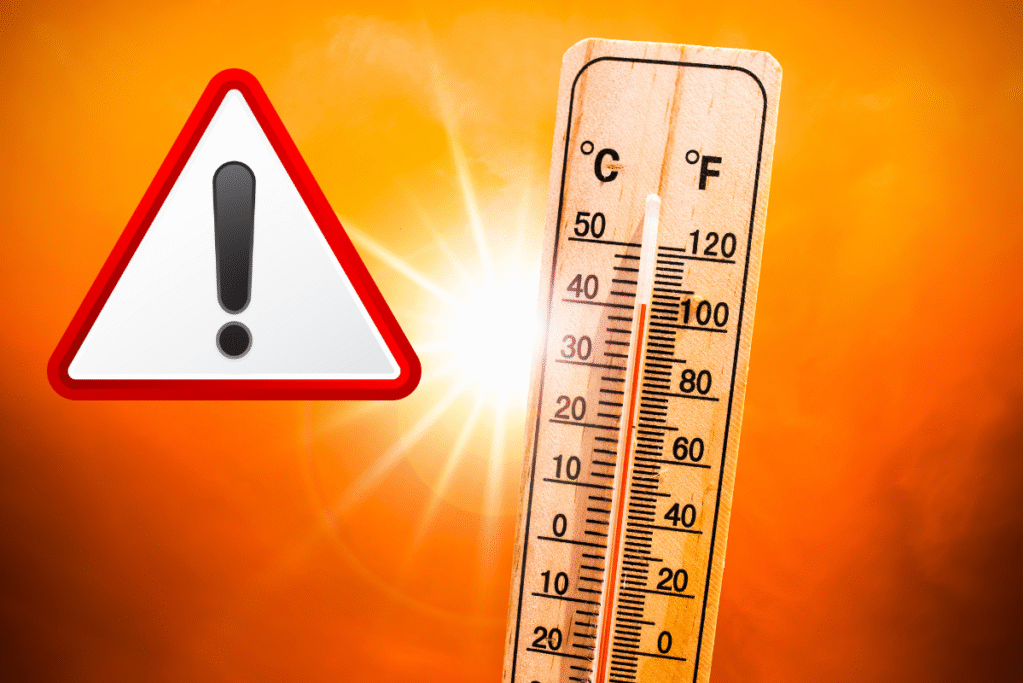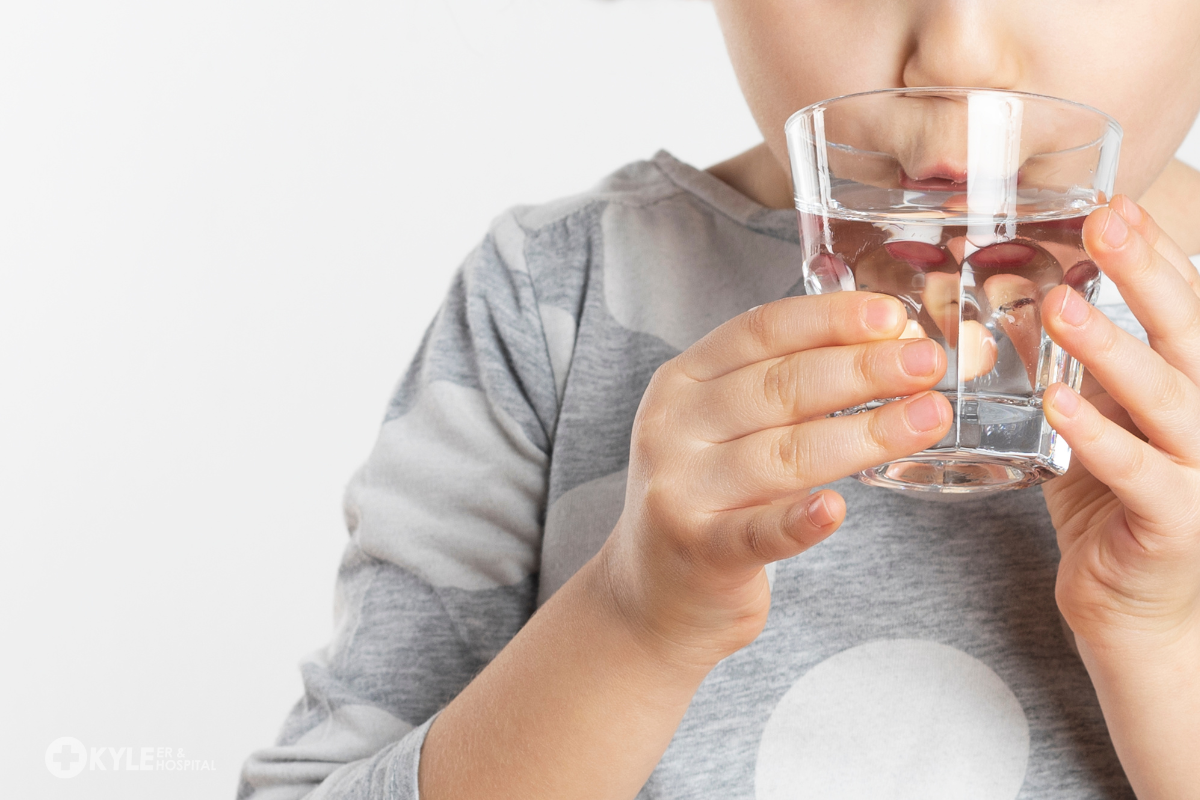Expert Emergency Care for heat-related illnesses & heat or illness induced dehydration
With soaring temperatures and relentless sun, heat-related illnesses like heat stroke & heat exhaustion can happen faster than you think. Whether you’re working outside, attending a summer event, or simply enjoying a day at the park, it’s important to know the warning signs and when to seek emergency care.
Both conditions are caused by prolonged exposure to high temperatures, especially when combined with dehydration, but they vary in severity. Heat exhaustion is the body’s response to excessive heat and dehydration. It’s serious but typically treatable if caught early. Heatstroke is a medical emergency. It occurs when the body’s temperature regulation system fails, and internal temperature rises to 103*F or higher.
Our emergency team is available 24/7 and equipped to treat all heat-related conditions quickly and effectively.

Heat Stroke Warning Signs include:

Heatstroke is one of the leading causes of death in children left unattended in vehicles. Even on mild or overcast days, the temperature inside a parked car can rise rapidly to dangerous levels. Young children’s bodies heat up three to five times faster than adults. Never leave a child alone in a car, not even for a moment. Always check the back seat before locking your vehicle.
If you see a child alone in a car, call emergency services immediately.
Dehydration happens when your body loses more fluids than it takes in. This can happen quickly in the heat, especially when you’re sweating, or not drinking enough water. Illness can also cause dehydration.
Severe dehydration is a medical emergency; especially in children, older adults, or individuals with chronic illnesses. If you or a loved one are showing symptoms of dehydration, visit Kyle ER & Hospital.

Signs & Symptoms of Dehydration:

Dedicated staff to ensure success on the long road to recovery before discharge. During your stay, our detox coordinator will speak to you about your aftercare plan. Our goal is to meet you where you are and set you up with the support system to help you continue on your journey including long term treatment facilities, outpatient treatment, support groups, and others.
512-598-0773
Copyright 2024 © Kyle | All Right Reserved.